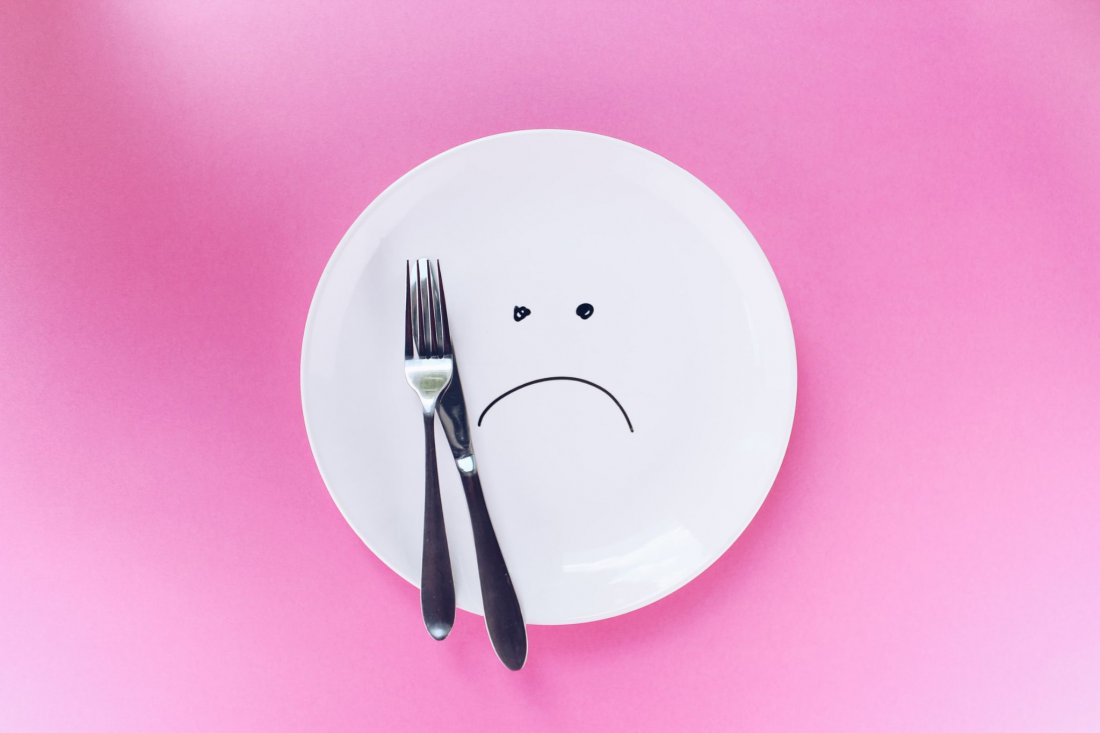Over the course of the last decade or so, dieting has become a dirty word, with new trends like the body positivity movement taking its place. Still, with each new year comes another wave of diet trends, many of which masquerade as healthy ways of living. To help you sift through the overwhelming stream of information that hits you every day, we’ve broken down five of the most dangerous dieting trends to have emerged in recent years.
1. Cutting out entire food or nutrient groups with no evidence
Some exclusive diets such as Veganism are supported by a huge amount of evidence to show they are not only safe, but potentially better for you. The same could be said for cutting out dairy or switching to an alternative like a2 milk if you’ve established a genuine connection between tummy troubles and dairy consumption. However, cutting out entire food or nutrient groups because an influencer suggests it or you think it’ll help you lose weight can be dangerous.
Any diet that encourages you to cut our carbohydrates, sugar or any other essential component of a healthy, balanced diet is more likely to harm than help you. Even the founder of “I Quit Sugar” went back to eating sugar, which tells you everything you need to know about extreme exclusionary fads,
2. Fasting fads
Fasting can be an incredibly positive part of your life, both for health and spiritual purposes. However, when it’s taken up as a diet fad, it can be problematic. Many people have jumped on-board the OMAD (One Meal A Day) and intermittent fasting fads in recent years. However, they’re doing it under the guidance of YouTube videos and Instagram posts. This can be a recipe for disaster as you may end up overloading or underloading on calories, experiencing digestive difficulties, becoming nutrient-deficient, and experiencing a host of other issues.
If you’re interested in fasting, it’s important to seek medical guidance to ensure you’re a good candidate for it. A doctor will be able to help you keep an eye on your important health indicators, and a registered dietician will help you formulate a plan that ensures you’re getting all the nutrients you need.
3. The keto diet
This is controversial, but there is plenty of scientific evidence that a ketogenic diet is not suitable for everyone. In fact, for some people, it is downright dangerous. Though it may have efficacy in aiding weight loss and even in seizure prevention, it can also cause constipation, kidney stones, low blood pressure, and nutrient deficiencies. It has been linked to an increased risk of heart disease, social isolation, and eating disorders. If you have liver, pancreas, gallbladder, or thyroid problems, doctors recommend avoiding this diet altogether.
4. Diet stacking
Restrictive diets can work for some people. However, when you start stacking diets to create hybrids like vegan+keto or fasting+low-carb, you’re taking restriction to a whole new dangerous level. This can leave you with nutrient deficiencies and put you at risk of developing an eating disorder.
5. #WhatIEatInADay
Whether on YouTube or TikTok, “what I eat in a day” videos can be dangerous things to be influenced by. These eating recommendations are coming not from people qualified to offer advice, but from influencers and everyday people, many of whom have disordered eating issues. While some do encourage healthy eating habits, many influencers promote dangerous diet habits that can evolve into orthorexia, anorexia, and other eating disorders. It’s best to steer clear of social media and stick to the experts when it comes to diet advice.
Avoid the dangerous diet traps above, seek professional guidance before making any drastic changes to what you eat, and you’ll be well-placed for enjoying a happy, healthy life.
